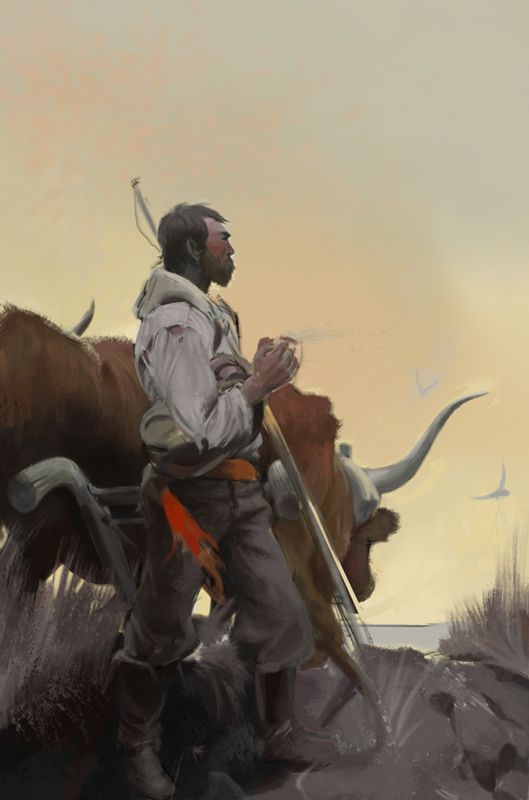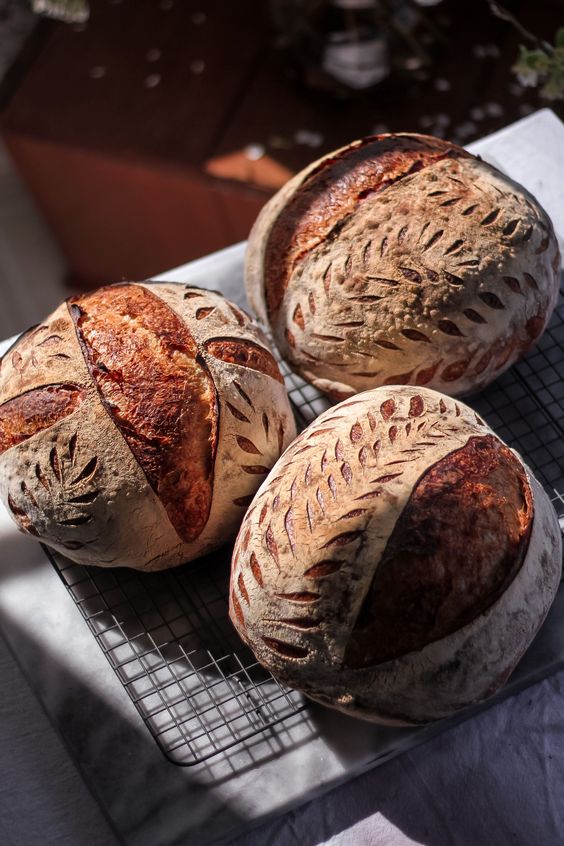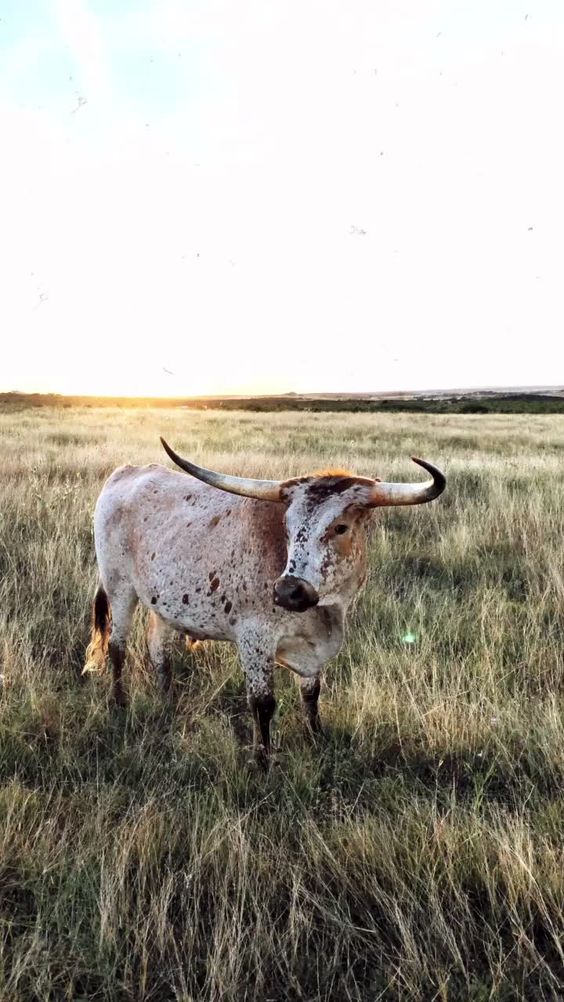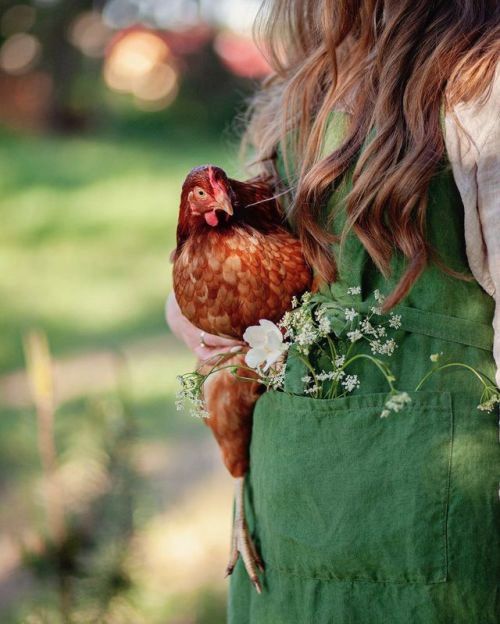St. George’s Day (Gergyovden), celebrated on May 6, is one of Bulgaria’s most cherished holidays. It beautifully weaves together Christian […]
Saint Simeon`s Day

On September 1st, we celebrate Saint Simeon`s Day. In the Christian calendar, the memory of St. Simeon Stulpnik and his mother St. Martha. This day marks the beginning of the new agronomic year and autumn plowing. St. Simeon is considered the patron of plowmen and is often called "Simeon the Plowman". In the past, the day was considered the beginning of the agricultural new year.
Traditions and Rithuals
On the eve of Saint Simeon`s Day, women bring seeds to the church, for consecration. In the grain, they put basil, red thread with red peppers strung on it, fruits, walnuts, and silver coins. According to the tradition, in the early morning of the day, the housewives knead the dough and bake wheat bread, one of which was intended to be ritually given to the bulls and buffaloes used to plow the fields. Small pretzel-type bread is also prepared to hang the horns of the animals. The plowmen and the sowers are dressed festive, and the women walk around them and sprinkle ember for good luck. They open wide the gates, hand their men a bag of boiled chicken, warm bread, and banitsa and send them off solemnly.



As soon as they arrive at the fields and plow the first furrow, the plowmen break the bread in four parts. The first piece is thrown to the east towards the sunrise, the second is given to the bull, the third is buried in the ground like a gift for the invisible god of the fields, and the fourth is eaten by the man himself. The bones of the boiled chicken are also buried in the first furrow.
Beliefs
- Докато не се върне стопанинът от полето, в дома не се пали огън, за да се предпазят от огън нивите.
- Според вярванията на този ден не се дава назаем и не се изнася нищо от къщата, за да не “излезе” берекетът от дома.
- Не се пере и не се простира, за да не поникнат празни житните класове.
- С вълна не се работи, за да не нападат вълци стадата.
- Орачът гледа кого ще срещне най-напред по пътя си. Ако види бременна невеста или жена с „пълни ръце”, вярва, че реколтата ще е плодовита.
- Празникът е известен и с обичая "полазване" /Летен полазник/ - следи се за първия влязъл в къщата - ако е богат, значи реколтата ще бъде добра.
- В западна България се е гадаело за времето. Ако на Симеоновден е слънчево и топло, такова ще е времето и през януари следващата година.
